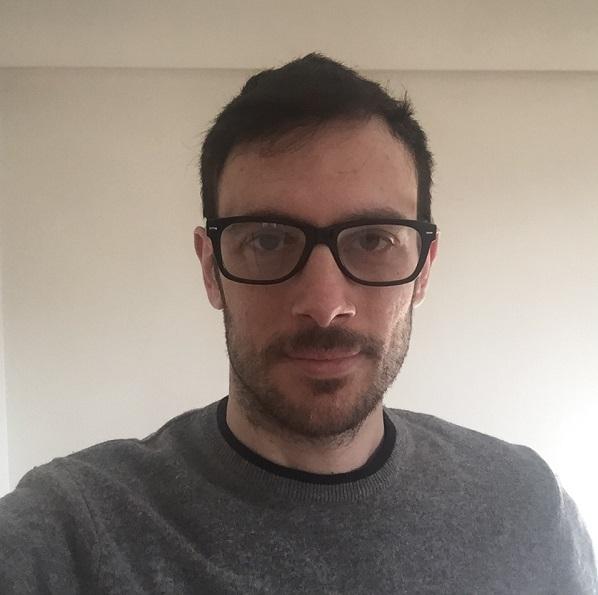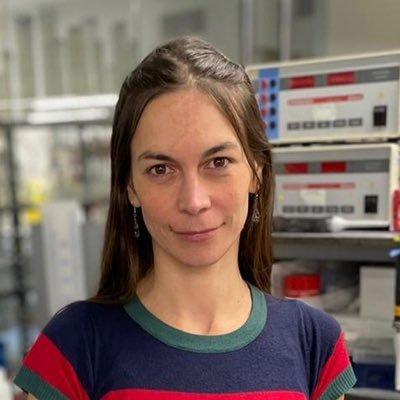Staff Directory
Dr Roberto Bellelli
Senior Lecturer
My lab aims to understand the basic mechanisms controlling DNA replication in mammalian cells and how disruption of this process leads to genomic instability and cancer.
Dr Özgen Deniz
Lecturer
Our research aims to understand the epigenetic regulation of transposable elements and how their dysregulation contributes to the generation and development of cancer. In particular, we investigate their roles as gene regulators and triggers of anti-tumour immunity in blood cancers.
Dr Gabriella Ficz
Reader in molecular biology and epigenetics
My group aims to discover the epigenetic changes taking place during cancer initiation and develop potential drugs that can prevent these changes which may be abnormal but reversible, before many damaging mutations occur.
Dr Zuzana Horejsi
Lecturer
My lab focuses on discovering functions of phosphorylation induced by damaged DNA in normal and cancer cells, and investigating the role of different phosphorylation events in cancer development.
Professor Sarah McClelland
Professor of Cancer Cell Biology and Genomics
My lab aims to understand the mechanisms that underlie numerical and structural chromosome aberrations in cancer at a molecular level, which also involves understanding how normal cells replicate and segregate their genomes.
Dr Lovorka Stojic
Senior Lecturer
My group studies how RNA-mediated mechanisms, in particular long noncoding RNAs, regulate cell division and how dysregulation of these processes leads to genome instability and cancer.
Dr Alessandro Agnarelli
My research focuses on investigating the roles of DNA Polymerase Epsilon (Pol ε) in nucleosome assembly. Using a range of biochemical and biophysical techniques (including LC-MS, Cryo-EM), my aim is to elucidate the structural analysis of the interaction between DNA Pol ε and parental histones H3-H4 at replication fork.
Dr Alice Coomer
My research aims to understand the mechanisms through which long noncoding RNAs can control genome stability in cancer.
Dr Giulia Guiducci
My research activity aims to characterise lncRNAs involved in the maintenance of genomic stability and to understand how their dysregulation can lead to cancer development.
Dr Meryem Ozgencil
My project focuses on identifying phosphorylation regulated interactions of DNA Damage repair proteins, and investigating the functional role of these interactions for DNA damage repair and cancer development.
Dr Sam Wallis
My research uses microscopy to examine how microtubule post-translational modifications affect DNA damage repair and how this could be exploited to enhance chemotherapy.






